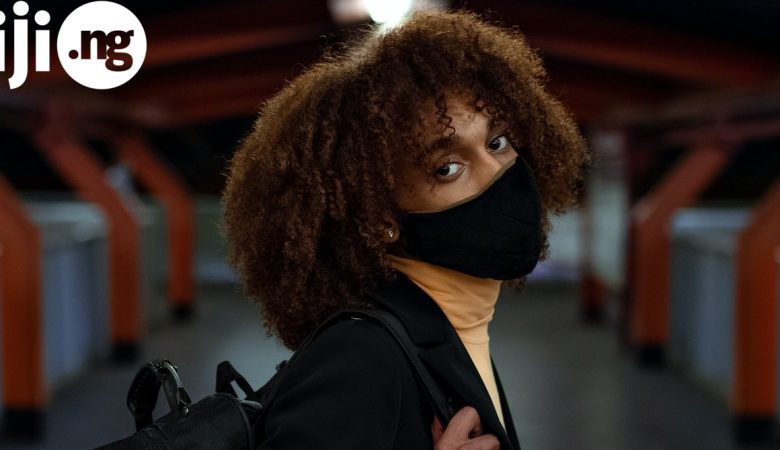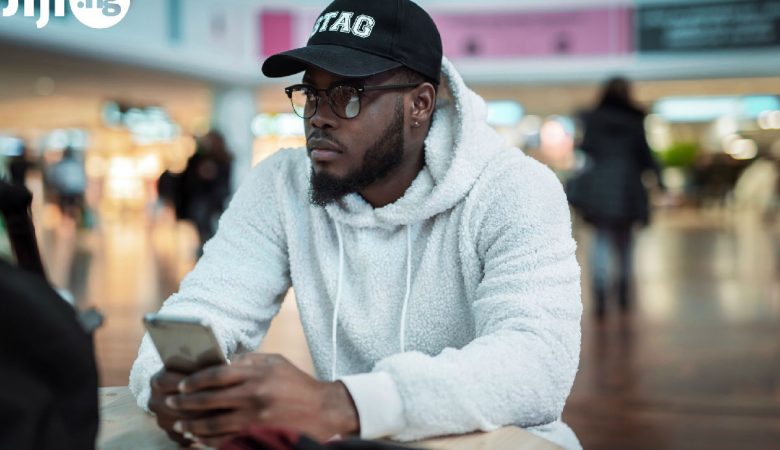Despite serious threats to the democratic system, Nigeria has managed to preserve democracy for more than 15 years. Now the country is experiencing a third consecutive peaceful change of power after relatively free elections.
Democracy Day is a public holiday in the Federal Republic of Nigeria. It is celebrated annually on June 12th.
Let’s find out more about this important holiday for the whole country!
Find everything you need in Nigeria with Jiji!
1. Intro
Check it out: Easter In Nigeria 2019! Check Out All You Missed!
It is no coincidence that Nigeria is called the largest African democracy.
A country with a population of 175 million people (seventh place on the planet, far ahead of Russia) has been living for fifteen years with presidents elected in relatively fair and free elections.
And once, it even turned out that the incumbent president had lost the elections – another proof of the seriousness of the changes in this country, which spent almost all the forty-first years of its history under military dictatorships!
Read more: Guide To All December Events In Nigeria
2. Democracy day in Nigeria
Find out Why Do We Celebrate Children’s Day In Nigeria? Origin And History
The holiday was established in honour of the return of democracy to Nigeria when Olusegun Obasanjo took over as president of the country. Obasanjo was the first elected head of state in elections in Nigeria after sixteen years of military rule.
After Nigeria gained independence in 1960, the government was repeatedly replaced, mainly through military coups. The next coup took place in 1983, after which the country, almost without a break for a decade and a half, was ruled by a group of military men.
Read more: The Richest State In Nigeria 2019
But in 1998, the new ruler of the country, Abdusalam Abubakar, transferred the power to civilians. In February 1999, a presidential election was held, in which Olusegun Obasanjo, the retired General received 62.8% of the vote.
Olusegun Obasanjo officially took office as President of Nigeria on May 29, 1999. The new head of state declared the main goals of his presidency: war on corruption and the remnants of separatism.
At the beginning of the 20th century, Nigeria began to play a more active foreign-policy role, taking part in international peacekeeping operations that ended civil wars in Sierra Leone and Liberia.
Read more: Most Showy Festivals In Nigeria You Need To Visit!
Install free updated Jiji app now – become one of the luckiest ones to get the best deals on Jiji from anywhere you are!










